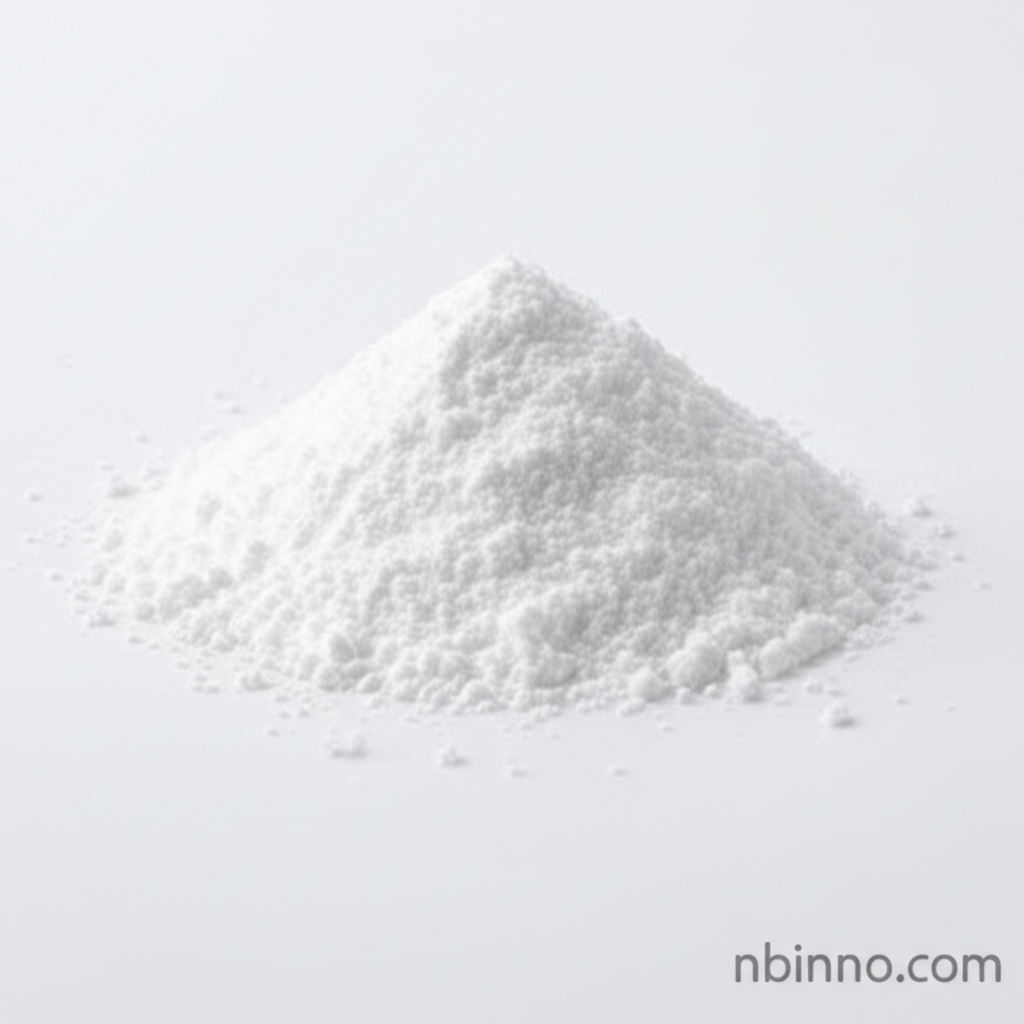Famotidine: Your Guide to Digestive Health
Discover the science behind effective acid reduction and find relief from heartburn and ulcers with Famotidine.
Get a Quote & SampleUnderstanding Famotidine's Core Value

Famotidine
Famotidine is a highly effective histamine H2 receptor antagonist, crucial for managing conditions related to excessive stomach acid production. Its primary function is to significantly decrease the amount of acid secreted by the stomach, offering relief for various gastrointestinal ailments.
- Explore the famotidine mechanism of action to understand how it effectively blocks histamine's effect on parietal cells, leading to reduced acid secretion.
- Learn about the common famotidine side effects and how they are managed.
- Discover critical famotidine drug interactions to ensure safe and effective use.
- Find out why famotidine is a preferred choice for famotidine for acid reflux and famotidine for stomach ulcers.
Key Advantages of Famotidine
Fast-Acting Relief
Experience rapid relief from heartburn symptoms. Understanding famotidine's onset of action is key to managing discomfort effectively.
Comprehensive Treatment
Famotidine addresses multiple acid-related conditions, from peptic ulcers to GERD, making it a versatile treatment option.
Trusted by Experts
With a history of efficacy, famotidine is a staple in treating gastrointestinal issues, making it a reliable choice for many patients.
Key Applications
Heartburn Relief
Effectively treats and prevents heartburn, offering a solution for those suffering from acid indigestion.
Stomach Ulcer Treatment
A key component in managing gastric and duodenal ulcers by reducing the corrosive effects of stomach acid.
GERD Management
Provides relief for gastroesophageal reflux disease, reducing the backward flow of acid into the esophagus.
Hypersecretory Conditions
Used to manage conditions causing excessive stomach acid, such as Zollinger-Ellison syndrome.
